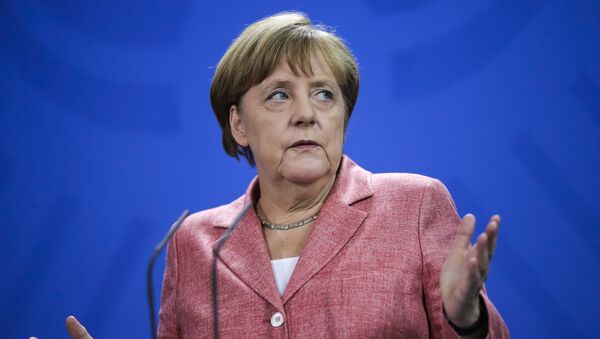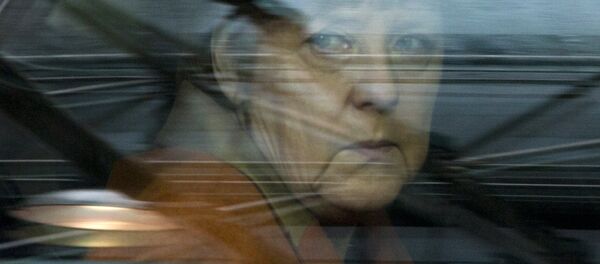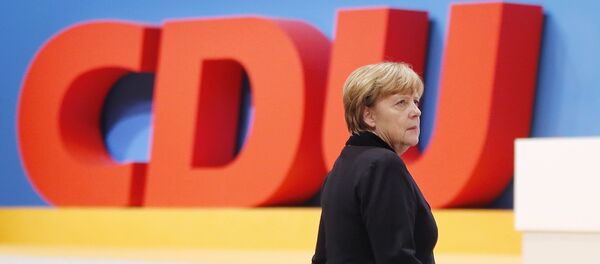Following the anti-government protests many politicians and journalists said that the problem of Germany's eastern regions is in their so called "anti-democratic position." However, Gauland does not support this point of view.
"I don't think that we are talking about a public split between east and west of Germany. There is a split between those who believe that the policy of the German Chancellor that enables millions of people to enter the country is wrong, and those who support this policy and believe that we can cope with the current problems without any difficulties. This social division does exist, but it does not take place between the east and the west: it exists in western federal states as well as in the eastern ones," Gauland stressed.
Earlier, German Chancellor Angela Merkel and German President Joachim Gauck were insulted by protesters that took to the streets of Dresden on October 3, when the country celebrated the 26th anniversary of Germany's reunification, German media reported. The protesters called the country's leaders "traitors," chanting slogans like "Merkel has to go" or "Merkel to Siberia, Putin to Berlin."
Moreover, he once again criticized the migration policy of the German Chancellor Angela Merkel, saying that it has brought an enormous economic burden to the country and changed its population structure.
"These are people of another culture, who can't feel at home living according to our traditions and values. And therefore I believe that their integration, to put it mildly, is extremely difficult, or even almost impossible," Gauland stressed.
The European Union, and Germany in particular, is currently struggling to manage a massive refugee crisis, with hundreds of thousands of people leaving conflict-torn countries in the Middle East and North Africa to escape violence and poverty and seeking asylum in Europe. In 2015, more than one million migrants and asylum seekers arrived in Germany, raising security concerns among the local




